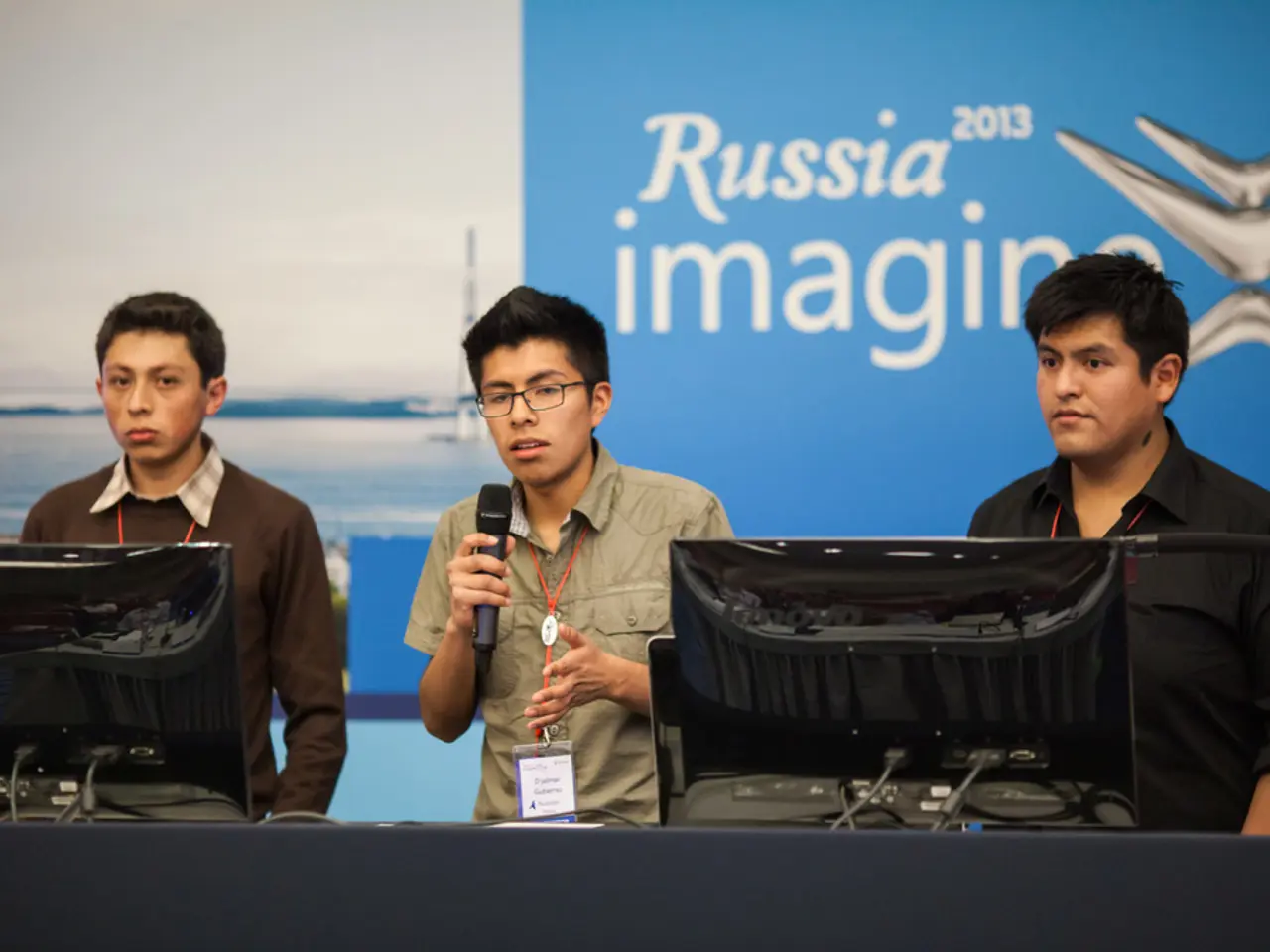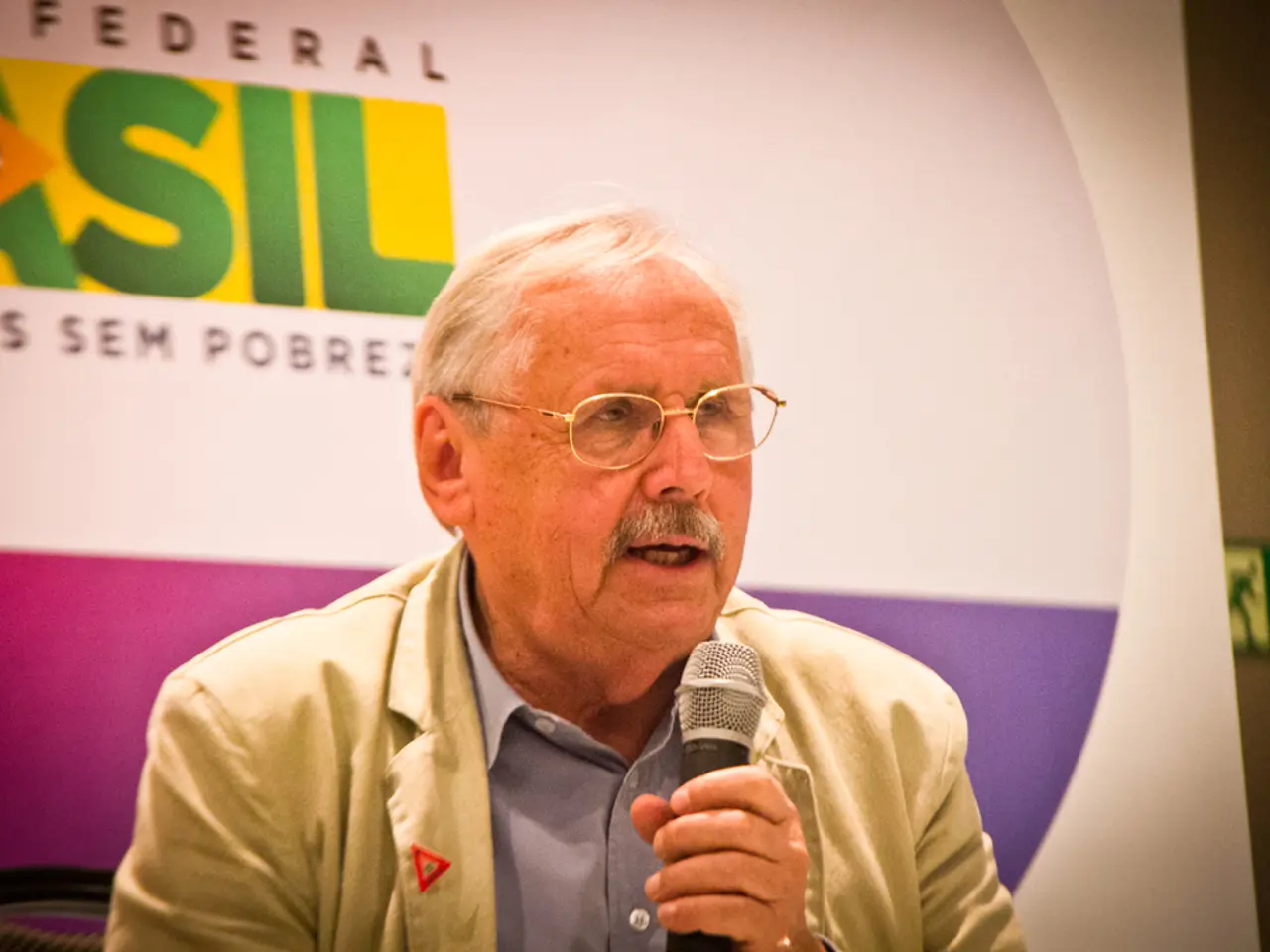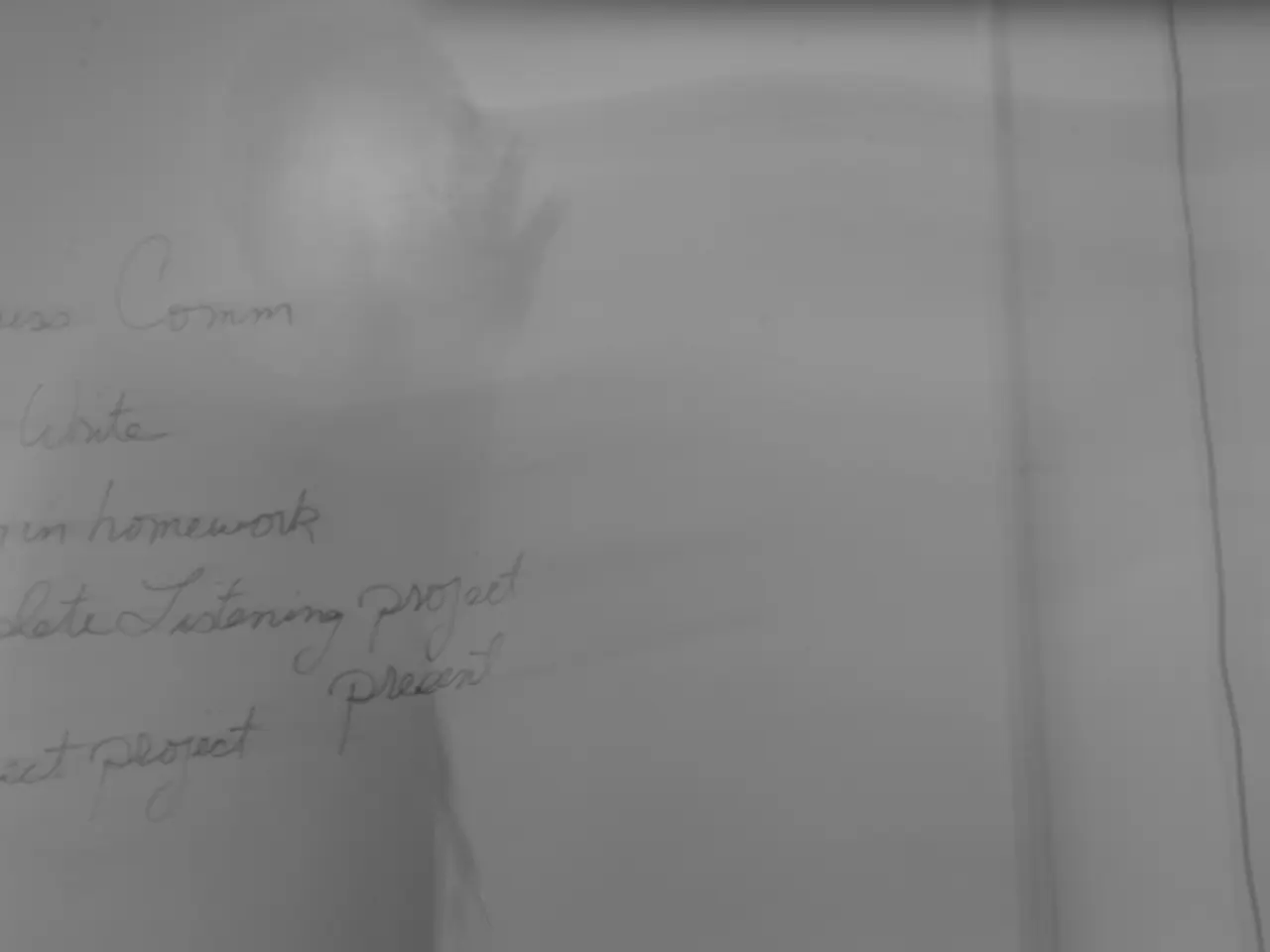Revealing Insights from a Former Russian Premier: "A Glimpse into Putin's True Self Revealed"
Mikhail Kasyanov, the former Prime Minister of Russia under President Vladimir Putin, has been vocal in his criticism of Putin's leadership and methods, particularly given Putin's background in the KGB. Kasyanov, a prominent opposition figure, has been a vocal supporter of the "Putin Must Go" campaign, which criticises Putin's governance and consolidation of power, claiming that meaningful reforms cannot occur under his leadership[1].
Putin's tenure in the KGB is often thought to have shaped his governing style, characterised by a centralised, security-focused approach with tight control over political opponents, media, and civil liberties. Under Putin, Russia has transformed into an authoritarian system marked by widespread corruption, suppression of dissent, and political repression[2]. These characteristics, which many critics, including Kasyanov, view as questionable or problematic, are consistent with the legacy of Soviet-era intelligence and security services tactics.
Kasyanov has proposed several strategies to put pressure on Putin, with a primary focus on his war economy. He advocates for a cap on the price of Russian oil to limit Putin's resources for financing the war, arguing that this would have significant consequences for Putin's war economy[3]. He also suggests that if the United States supports European sanctions, Putin would be forced to make concessions[4].
Moreover, Kasyanov points out that Putin's war in Ukraine is costing him dearly, with approximately 600,000 soldiers deployed, each receiving between $2,000 and $3,000 per month[5]. He also notes that Russia has a significant advantage in terms of money, military equipment, and personnel[6]. However, Ukraine is reportedly spending around $100 billion per year on the war, while Putin has $150 billion at his disposal[7].
Despite Putin's financial advantage, Kasyanov claims that the sanctions of the last three years have added up in their effect[8]. He argues that while the Russian state's financial situation is not yet a serious problem for Putin, some sectors of the industry are already in recession[9].
Kasyanov further accuses Putin of using three principles taught at the KGB school: bribery, blackmail, and provocation[10]. He states that Putin, who was once claimed to be devoted to democracy, is now seen as a KGB agent with a distorted worldview[11]. He believes that a reduced oil price of $45 per barrel instead of $60 would have massive consequences for Putin's war economy[12].
In conclusion, Kasyanov's critique of Putin's methods aligns with the broader context of Putin's rule, where his KGB background is often linked to the methods he has used to maintain power, which opponents deem undemocratic and questionable[1][2]. His proposed strategies, particularly the oil price cap and the call for increased international sanctions, aim to put pressure on Putin's ability to generate income, potentially weakening his war economy.
In light of Mikhail Kasyanov's critique, it becomes evident that his concerns about Putin's methods mirror the broader discussion on Putin's rule, rooted in his KGB background and characterized by authoritarianism, suppression of dissent, and political repression [1][2]. Kasyanov's proposed strategies, such as imposing a cap on Russian oil prices and advocating for increased international sanctions, are designed to restrict Putin's financial resources, aiming to weaken his economic standing, particularly his war economy, amid ongoing conflicts and war-and-conflicts involving Russia [3][4][7][8][9][12]. These strategies are also intertwined with the politics of global economic and monetary union, as well as financial cooperation, important aspects in the general news landscape [9].







